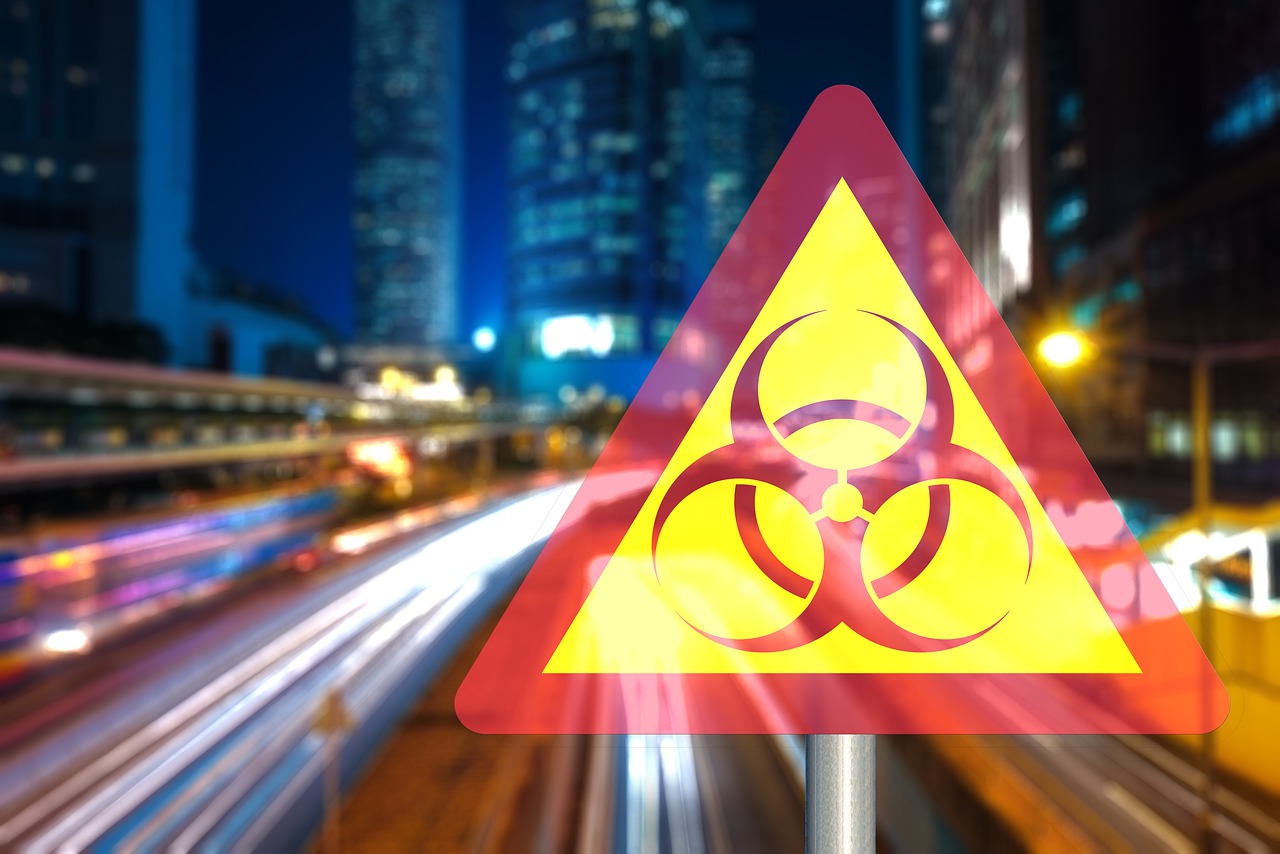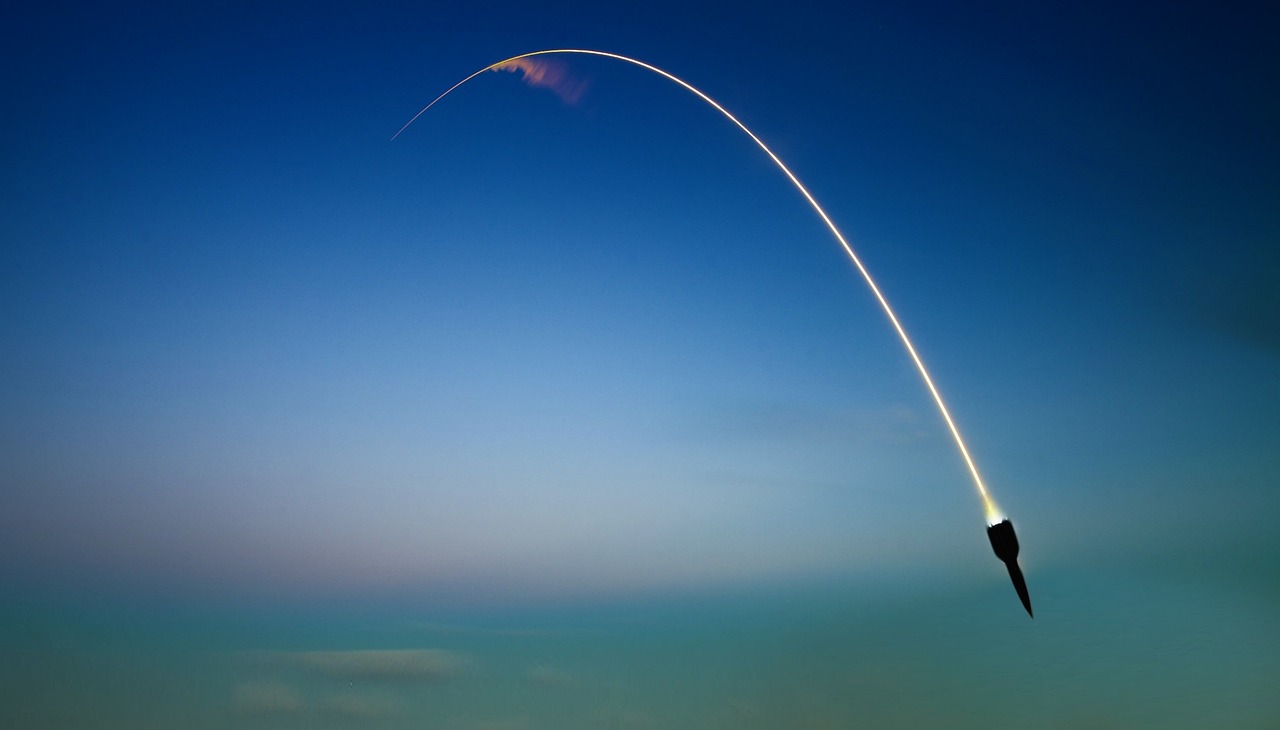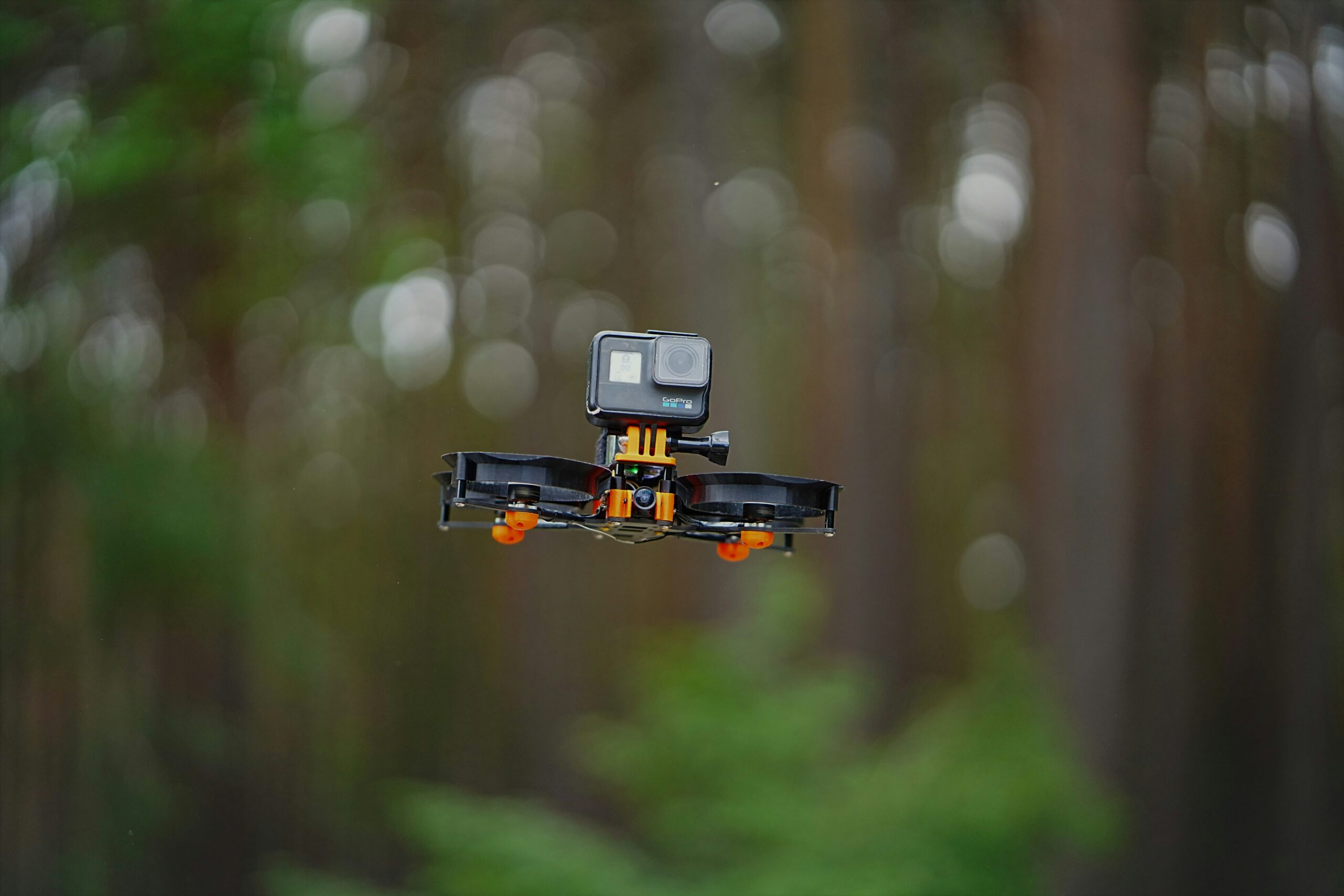This post is also available in:
 עברית (Hebrew)
עברית (Hebrew)
According to various reports, the Chinese government has been using drones, robots, and artificial intelligence technologies in the fight against the coronavirus, and limit interactions between people in order to prevent infection. The reports said that in a Hangzhou hotel, where more than 300 people suspected as infected by the virus are isolated, a robot is used in order to deliver food to the people in the rooms. Moreover, autonomous robots have been reportedly used for the delivery of medications in the perimeters of hospital. The robots carrying the medications receive orders regarding their destinations at the hospital and reach them entirely independently – they are capable of opening and closing doors and ride the elevator without any human assistance. One robot’s work is reportedly equal to the work of three hospital workers, who are already overloaded, first and foremost decreasing their exposure to the virus.
In one of China’s districts, citizens received calls from robots who asked them: “Were you in any contact with coronavirus patients? Are you suffering from any symptoms, such as coughing and temperature?” The goal is to try and prevent further spreading of the virus, encourage people to understand the symptoms and seek help when needed.
According to a tweet by the People’s Daily in China, a district in the eastern part of the country is using artificial intelligence-based robots in order to patrol the streets and minimize any human connection.
Moreover, China’s government is reportedly using drones in order to control the citizens and make sure that they are taking the suitable measures.
In addition to the use of robots in order to minimize the spread of the virus, robots also perform disinfection tasks.
A Forbes report said robots manufactured in San Antonio, Texas, by Xenex, are used for cleaning hospital rooms suspectedly contaminated by the coronavirus. According to the company, the robot can clean a room within five minutes. Dimer UVC Innovations which developed a “germ killing” robot to disinfect airlines has offered its services to three airports in the US in order to prevent the coronavirus from spreading.
The robot, known as GermFalcon, also uses UVC light in order to kill viruses and germs. It is programmed to advance through the aircraft’s aisle and expose all surfaces to the light through “wings” hanging over the seats.
GermFalcon is now used by the Los Angeles, San Francisco and JFK international airports as part of their emergency response.
Israeli AI and robotics experts say that what we are witnessing now is in fact the acceleration of the use of robotics for emergency situations in general, and medical emergency in particular.
Hagay Klein, CEO of Selfly startup, that currently participates in the 7th batch of iHLS Security Accelerator, tells about the company’s unique drone and its capabilities in the fight against the coronavirus. It is a miniature, personal drone with autonomous spatial intelligence, It is based on 3D image analysis capabilities. The drone can fulfill numerous roles outdoors and indoors. It can identify people outdoors without masks and address them. Moreover, thanks to its advanced image analysis technology it is able to recognize faces and know who is allowed to be in certain perimeters, for example identify a person outside the isolation he/she was supposed to stay in. The drone can also deliver lightweight objects to isolated people, and when equipped with a temperature measuring sensor – it could replace the paramedic that measures the temperature of crowds of people at airports or other venues, and minimize the paramedic’s potential exposure to the virus.
Interested in learning more about the applications of robotics and AI in emergency and disaster scenarios? Attend i-HLS’s InnoTech Expo in Tel Aviv – Israel’s largest innovation, HLS, and cyber technologies expo – on November 18-19, 2020 at Expo Tel Aviv, Pavilion 2.


























